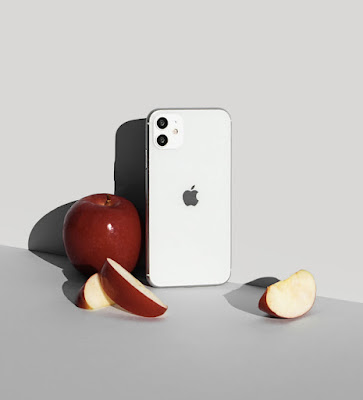Finally, Apple is facilitating consumer repair of their iPhones using spare components. The company said in an update on Thursday that owners of "selected" iPhone models will be able to fully repair their smartphones with used, authentic parts starting in the fall. Apple needs iPhone customers to complete a procedure known as parts pairing when fixing their phones. This process involves matching the serial number of the device to a replacement part that Apple sells. When a user swapped out a part for an aftermarket or used one, the iPhone would annoyingly notify them that Apple couldn't validate the freshly installed part. For Face ID and Touch ID sensors, the component could not function.
Since Apple states that "calibration for genuine Apple parts, new or used, will happen on device after the part is installed," this update should eliminate the used part notifications. It also implies that when ordering most components from the Self Service Repair Store, customers and repair shops won't need to disclose the serial number of the device they're mending. At launch, the modification will affect cameras, batteries, and screens. According to Apple, "future" iPhone releases will support the usage of biometric sensors like Touch ID and Face ID.
In the event that you decide to utilize a used part to fix your iPhone, the device will save that data in the iOS Settings app's Parts and Service History section. Though the company told TechCrunch that it will be the iPhone 15 and later, Apple does not specify which iPhone models will be supported this fall. John Ternus, senior vice president of hardware engineering at Apple, said in a statement, "With this latest expansion to our repair program, we're excited to be adding even more choice and convenience for our customers, while helping to extend the life of our products and their parts."
For repair businesses and do-it-yourselfers who have been forced to pay a premium for new iPhone parts, the shift is significant even though Apple hasn't yet extended its clearance to aftermarket parts.

.jpeg)

.jpeg)
.jpeg)







No comments